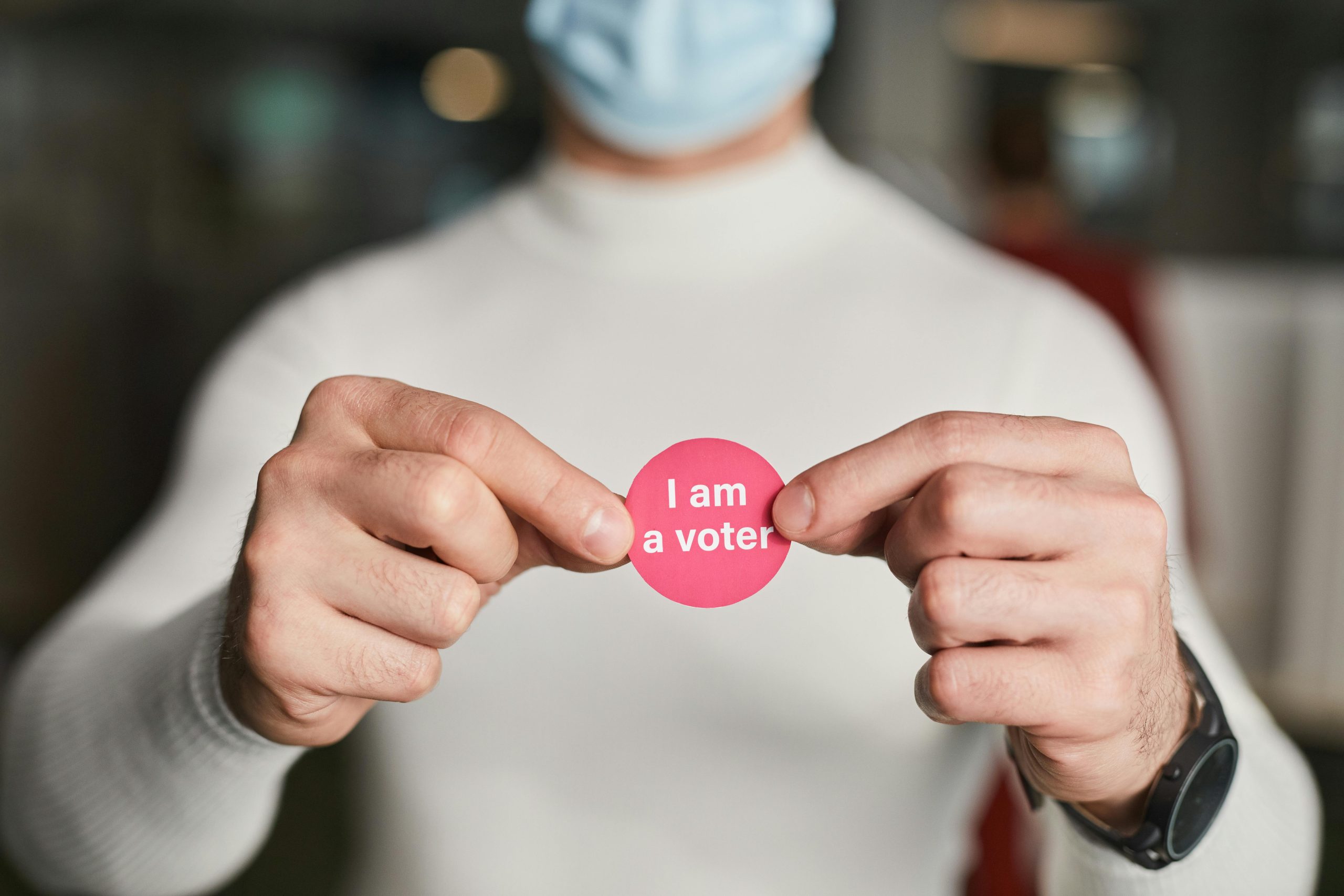Navigating Social Dynamics in College: Are There Cliques Like High School?
As you prepare to embark on your college journey, it’s natural to wonder how social interactions will compare to those of high school. Many students contemplate whether college environments reflect the familiar dynamics of cliques and popularity they may have encountered in their earlier school years.
While it’s true that some social structures can be similar, the reality of college is often quite different. In contrast to the rigid hierarchies of high school, college tends to foster a more diverse and inclusive atmosphere. You’ll find that individuals are encouraged to engage with a wider range of people, creating an environment that values collaboration and mutual respect over social status.
While you might still come across groups with specialized interests—such as sports teams, academic clubs, or cultural organizations—these affiliations tend to be more fluid. Students are often more open to connecting with various groups, making it easier to find your niche without the fear of social repercussions associated with a strict clique system.
Overall, college offers a unique opportunity to redefine social interactions and explore new relationships. Whether you were homeschooled or not, you’ll likely find it refreshing to be in an environment where diversity is celebrated, and the pressure of popularity diminishes. Embrace the chance to meet new people, share ideas, and create lasting friendships!

It’s great to hear that you’re about to embark on your college journey! Transitioning from homeschool to college can feel daunting, but understanding social dynamics like cliques can help ease your transition.
In college, you may encounter groups of friends that resemble cliques, but the dynamics are generally quite different from high school. Here are a few key distinctions and practical insights to help you navigate this new social landscape:
1. Diverse Environments
Unlike high school, which often consists of a limited student body confined to a specific age group, colleges bring together individuals from varied backgrounds, ages, and life experiences. This diversity fosters a more inclusive environment where different groups may form based on shared interests, rather than social status. You might find people who have a passion for academic pursuits, sports, arts, or even hobbies like gaming or activism.
2. Fluid Friend Groups
In college, friendships are often more fluid. While you might find people clustering by major or residence hall, many students are quite open to meeting new people throughout their college experience. Participating in clubs, attending campus events, or engaging in study groups can help you form connections across different “cliques,” and in this setting, it’s much easier to make friends with a variety of people compared to the more rigid social structures of high school.
3. Focus on Shared Interests
Instead of worrying about popularity, consider focusing on finding communities that align with your interests. For example, many colleges have numerous clubs and organizations covering everything from academic subjects to hobbies and social causes. Joining a few can not only help you meet new people but also provide a sense of belonging and purpose.
4. Adapting to the Culture
Each college has its own unique culture and social vibe. Spend the first few weeks exploring campus and observing how students interact. Some colleges may have a vibrant party culture, while others might emphasize academic excellence or community service. This knowledge can help you navigate social terrains and find where you feel the most comfortable.
5. Be Open and Approachable
Your first college experiences can be a bit of a mixed bag; some people may find it easy to connect, while others may struggle. It’s essential to be open-minded and approachable. Smile, ask questions, and show genuine interest in others. These small actions can help break the ice and pave the way for lasting relationships.
6. Mind the Social Media Influence
Keep in mind that social media can amplify perceptions of popularity. Many college students use platforms like Instagram and Facebook to curate their social lives, which may give the impression that certain groups are “the popular crowd.” It’s crucial to remember that these portrayals are often edited and not an accurate reflection of reality. Your value is not determined by likes or followers; focus instead on building meaningful connections.
Conclusion
Absolutely, you’ll encounter different groups in college, but remember that this is a time of exploration and growth. Embrace the diversity and opportunities to connect with people from varied backgrounds and interests. Stay yourself, actively seek out those who share your passions, and you will cultivate genuine friendships that transcend the typical high school hierarchies. Enjoy every moment of your college experience; it’s a unique and formative time in your life!